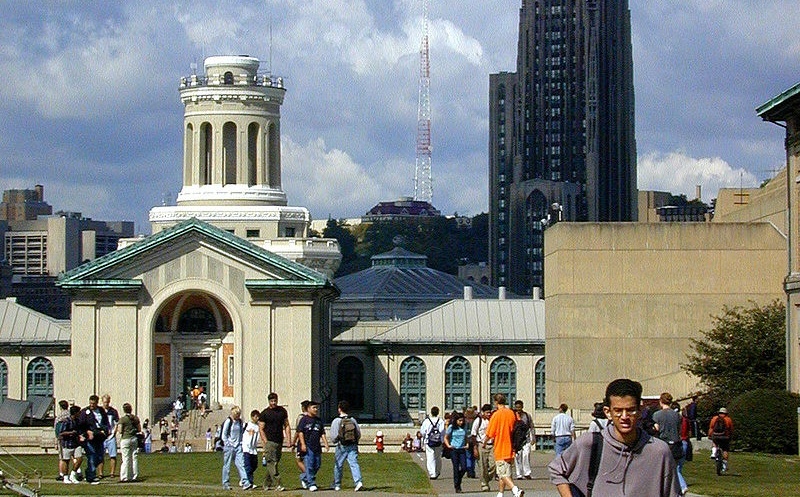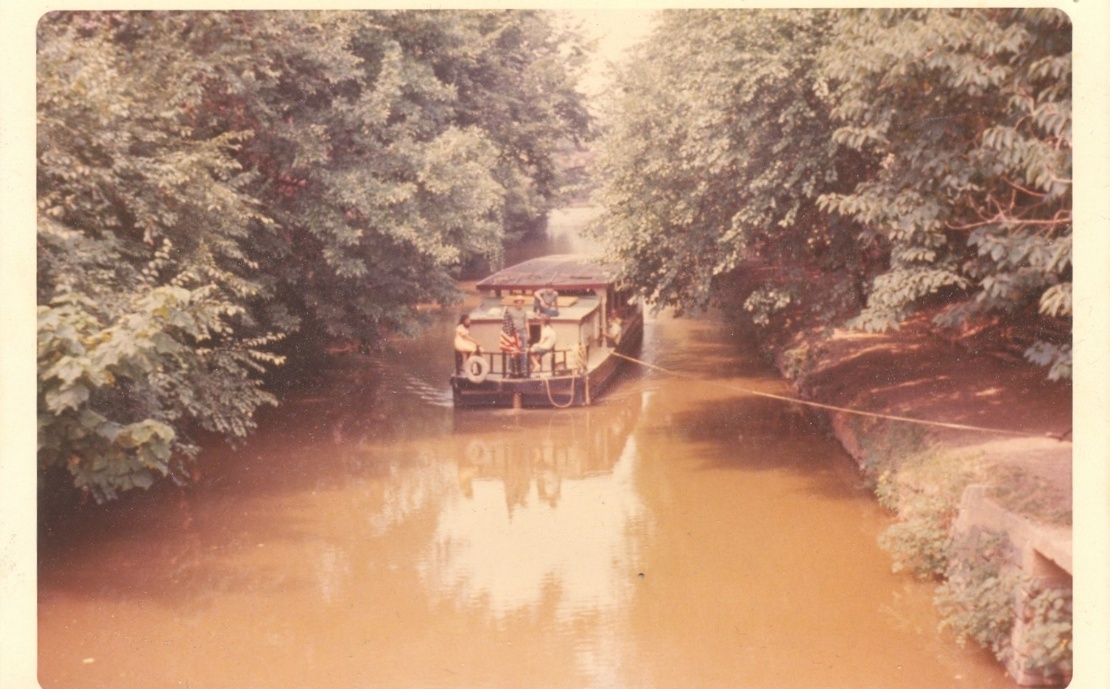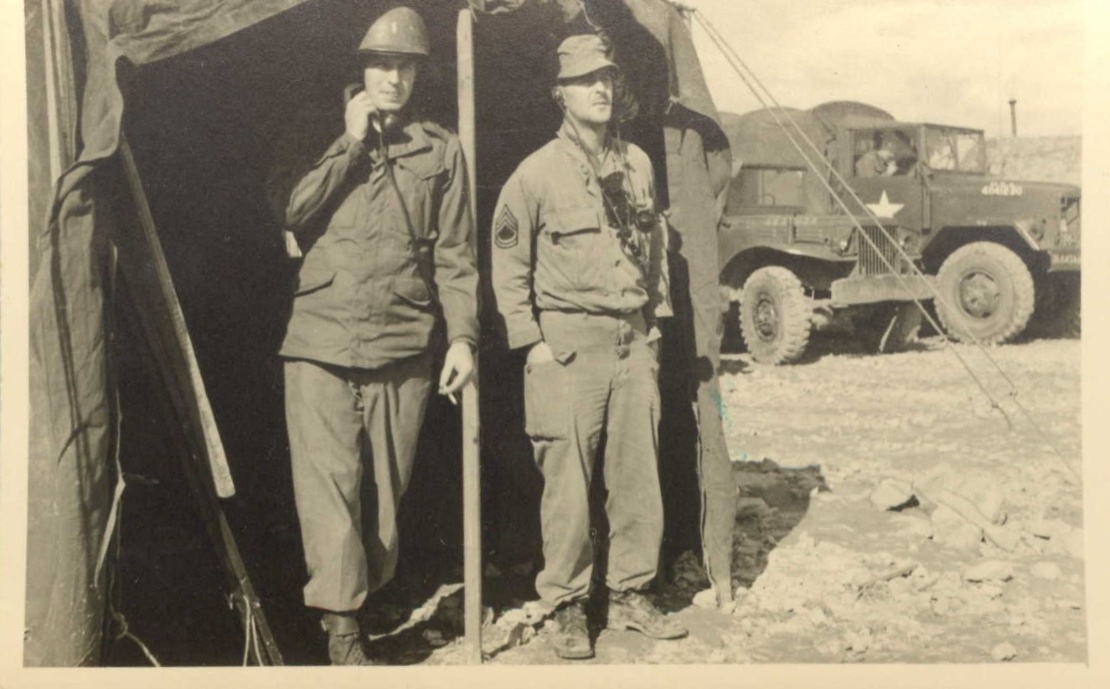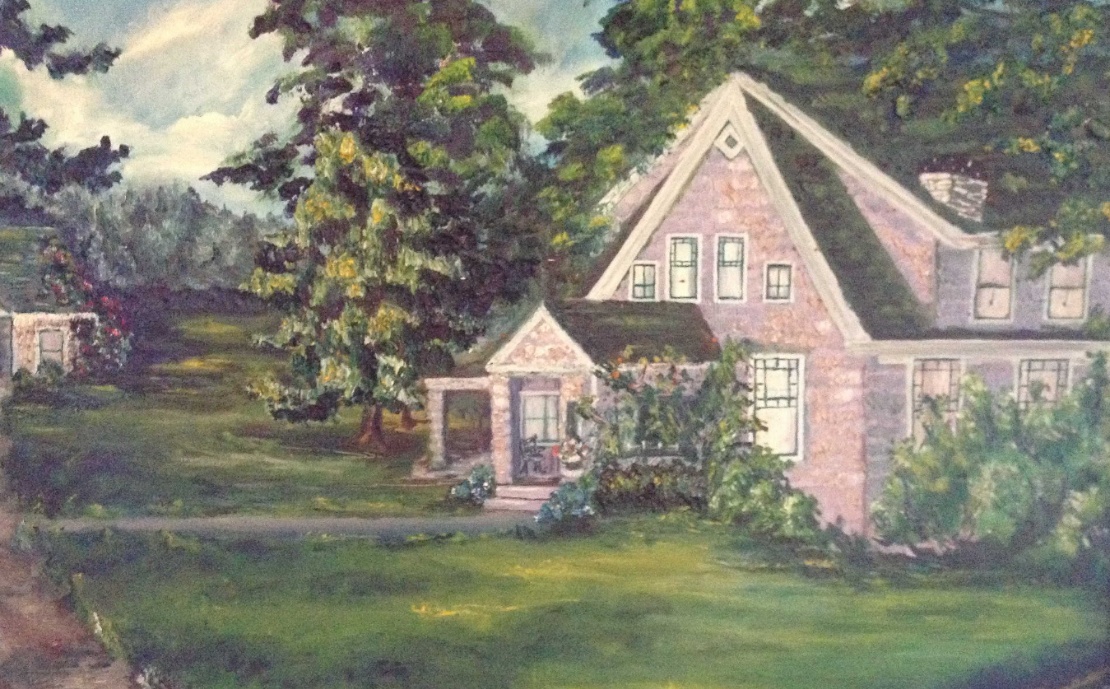Carnegie Tech

If you look at reasons why people leave Cape Cod, limited resources for higher education might be one of them. In 1894 the Commonwealth decided to establish four new State Teachers Colleges and the Cape was privileged enough to be the home of the Barnstable State Normal School. By 1897 there were forty students, nine men and thirty-one women. This school was really designed to train teachers and the Cape Cod Community College did not arrive until 1961. I wrote about Cape Cod teachers like Cousin Geta Crowell and Cousin Ruth Sears who attended this college.
Those who wanted additional education in other fields after our town high schools had to look elsewhere. My grandfather, Leslie R Sears (1892-1954) was honored to receive a half-scholarship from his Dennis North High School to the Massachusetts Institute of Technology. He studied Civil Engineering there 1912-1914 but war and family strife had him finish his training “hands-on” designing bridges and maintenance facilities for the New York New Haven and Hartford Railroad among others. As a registered professional engineer in the Commonwealth of Massachusetts he was trusted with the safety of all those citizens who would travel on the state’s thoroughfares.
I didn’t know my Grampa. Mom says he held me one time when I was six-months old, very tentatively, in the house on Main St, East Dennis before we flew off to meet Dad on a three year tour in Germany. Half-way through that tour my Dad had to return on Emergency Red Cross leave to attend to funeral arrangements for Leslie who had died of a heart attack while playing chess with his friend, Scott Corbett, the writer of We Chose Cape Cod. But I did know he was an engineer and I was sure I could be an engineer too. Maybe we both “had the knack.” We probably got the knack from Leslie’s father, a windmill mechanic and builder.
I attended Carnegie Institute of Technology, the engineering college in Carnegie Mellon University from 1970 to 1974. The Electrical Engineering Department was a very lively place in those days. My advisor was Dr Richard Teare and he was a wonderful mentor. It is because of him that I took so many economics courses. Engineers often misunderstand the money end of the business. My Dad was also a financial manager, Comptroller of the US Army Materiel Command with billions in budgets every year. He graduated first in his class at Harvard Business School and even though engineering was my driving force, I never lost sight of finance and the business world.
Carnegie Tech is known for a very low ratio of students to professors. Dr Angel Jordan was our Department Chair and was keenly interested in all of us. I had first become aware of Carnegie Tech when a National Science Foundation Internship was offered through our high school - the summer between junior and senior years. This was a real treat getting to live in the dorm, work with a professor on a research project and get to meet other likeminded kids. The summer of ‘69 was also the scene of one of the greatest engineering feats undertaken by man. I clearly remember the July afternoon when all of us huddled around a television in the dorm commons and watched Neil Armstrong set foot on the moon. Geek that I was, I even took a picture of the TV screen at that moment. (Did you know it takes EE to spell geek?)
We had movies in the evenings on “the cut,” a greenway in the center of campus and ate in the dining halls (I am a connoisseur of institutional food from the high school cafeteria, the college dining hall to the Army mess hall. I love it all. I can’t remember ever having bad cafeteria food!) We spent a lot of time in the labs - me in a computer lab with a PDP-11 computer and a grad student from China named Hsiu. The Digital Equipment Corp PDP-11 took a paper tape bootstrap loader to get it going. There was a wire wrap board and we were studying an analog computer that could solve differential equations. I wore a small metal bracelet that one day shorted out some of the wire wrap pins and blew some integrated circuits. It was not the first time I destroyed something in my engineering career.
When that summer was over I had fallen in love with Carnegie Mellon and applied for early acceptance when I got home to Arlington, Va. I also applied for an Army ROTC scholarship to try to pay for the place. I think it was $4,000 a year those days. I am sure my parents were wondering how they would ever pay for that school. Shortly before school started I was notified that I had received the scholarship and would become a member of the US Army Reserve. If I failed to complete school for any reason I would be an instant private in the U S Army. This was 1970 with the Vietnam War going hot and heavy and even though my draft lottery number was in the 300s, I still felt an obligation to serve.
Keeping that scholarship was one of my main goals in life. I studied hard and avoided the dorm rooms that had marijuana smoke pouring under the door. I lived in the dorm the whole four years and since we were in central Pittsburgh, never even had a car. It was too easy to take the bus or walk anywhere I needed to go. A car at that point would just be a distraction and an expense I did not need. In fact, a number of us would hike the mile or two to Chatham College, a nearby girl's school, for the Friday night dances so very few of my classmates had car.
I eventually became a registered professional engineer in Oklahoma and also later in the Commonwealth of Massachusetts following in my Grampa’s footsteps and honoring his service.







